Obviously, there are no budget, funds or resources to do this, and even less than usual in these times of crisis for the theatre industry, so it is very much a case of finding what we can, for free, and cobbling together.
Having been very pleased with what we found, we decided to put together an article, linking to the software we found. It is all available for PC and is all free & legal. Some of the software does have paid upgrades for such time as you can afford them, but the basic functionality is free.
When you are looking at software for theatre, you have to consider many aspects. Marketing/ publicity/ admin in the office, creating posters and videos, audio editing, and then you can go on to more complex software for visualising and controlling lighting and sound in a theatre setting.
Ultimately, there are also options for online broadcasting of shows.
So, without further ado, here is our "must have" list of free software. Remember, if it is possible for you to donate, that most of the freeware creators, welcome a donation to thier funds.
Office/ Admin
Openoffice is a free answer to Microsoft Office, with added functionality of being able to export documents direct to PDF.
Quickfile is a free business/ accounting program, for up to 1000 ledger entries.
Zoom is free for up to 40 min calls, using video-conferencing to work - especially useful during the Covid-19 lockdowns
GIMP is the internet's free answer to Photoshop. Very powerful, and with some great third-party plugins available, you can create your show posters, video overlays, image watermarks, batch edits and anything else with ease!
Video editing
Hitfilm Express is a programme that contains basic video editing. It is also easy (and cheap) to buy add-on packages for special effects, motion graphics and more.
NCH VideoPad is a very simple but robust video editing program, ideal for beginners or lower capacity hardware. The non-commercial version is free (please make sure you are honest about how you are using it).
Da Vinci Resolve is a complex program for more advanced video editing, with a specialism in colour correction. Do note that you will need a more powerful computer to run Resolve - Laura's 4gb ram laptop can't do it.
Audio Editing
Audacity is a fantastic, fully free, audio editing, recording and mixing program, with some excellent sound correction and noise removal functions.
In the Theatre
Mixx is free "DJ" software, but ideal for mixing different inputs from sound, eg microphones, and sound effects, or microphones and backing music. Can be integrated with Itunes.
Freestyler is free stage lighting control software, ideal for production lighting. You will of course need to use this linked to external lighting equipment to control the lights.
Magic 3d Easyview is a free 3d modeling program that can be used in conjunction with Freestyler, to create virtual models of your stage set, and to test out lighting effects and rigs in a virtual world - making design from home a lot easier. EasyView connects the DMX signal from any controller (console/desk, software) to your computer.
Open Broadcaster Software, allows you to create and stream live broadcasts to the platform of your choice (youtube, facebook live etc) from your computer/ webcams etc.
MapMap is a free projection-mapping program that allows you to project images or video onto any survace of your choice (you will of course need to use this with a projector)
----
and that, thus far is the list - hopefully it is as useful to others as it is to us. And now, of course, is the ideal time to download, test and learn to use some of these programs, ready for better times.
Stay strong, theatre-awesomes!
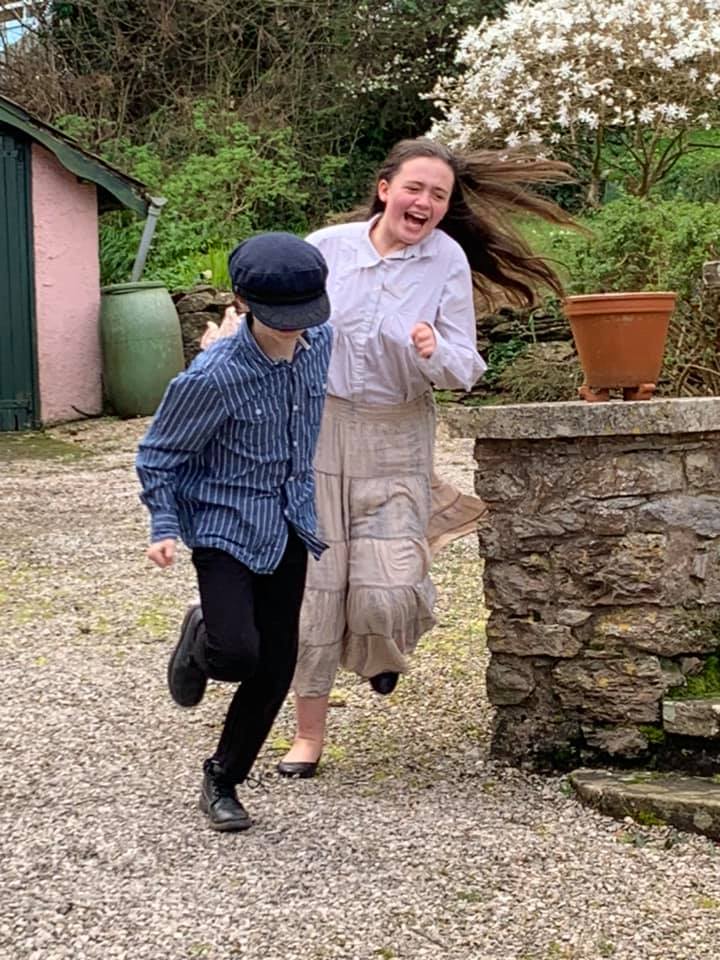
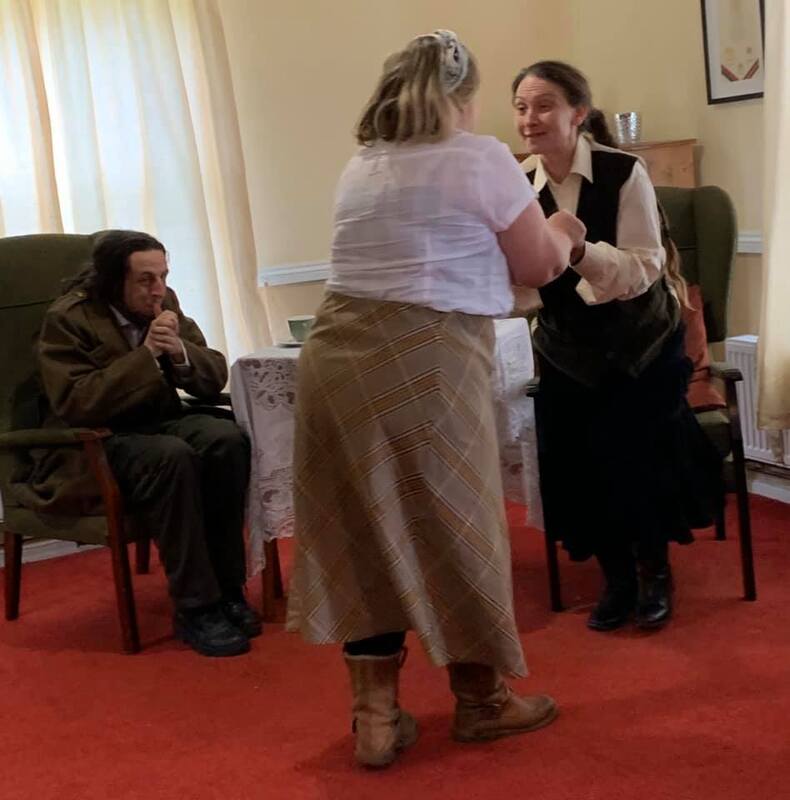
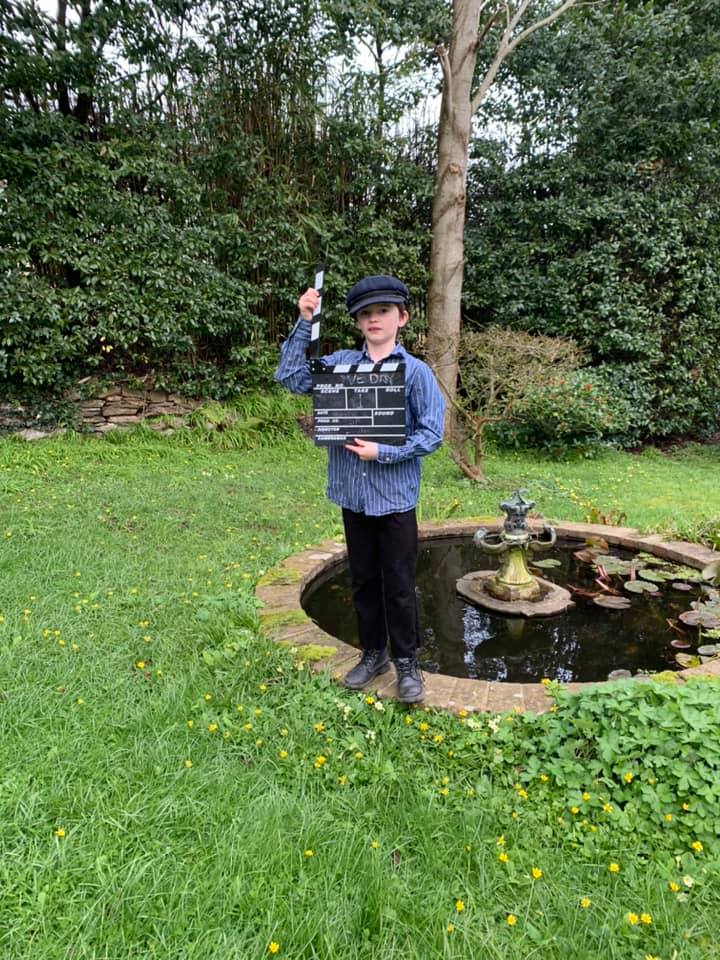
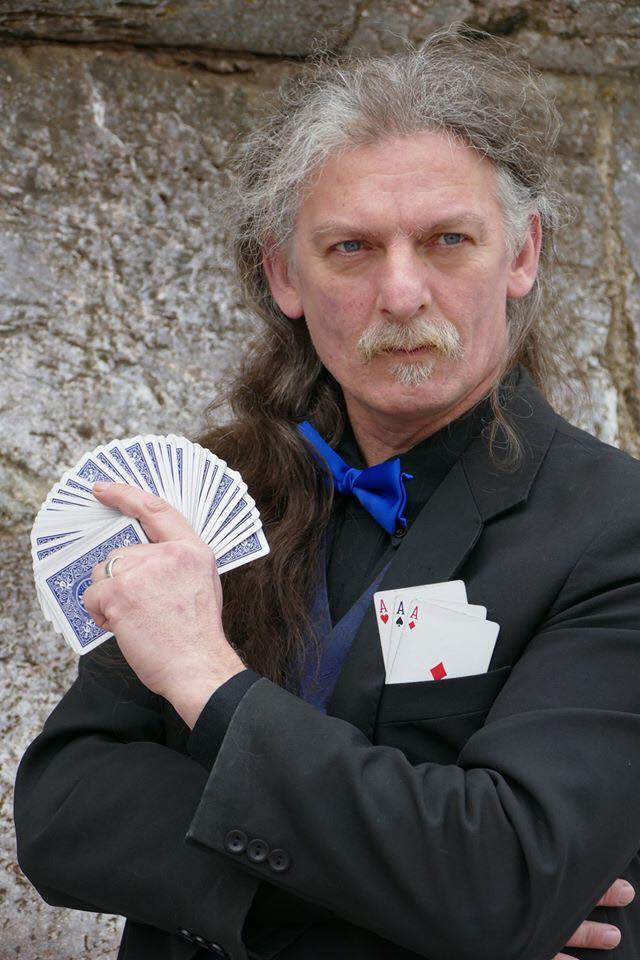
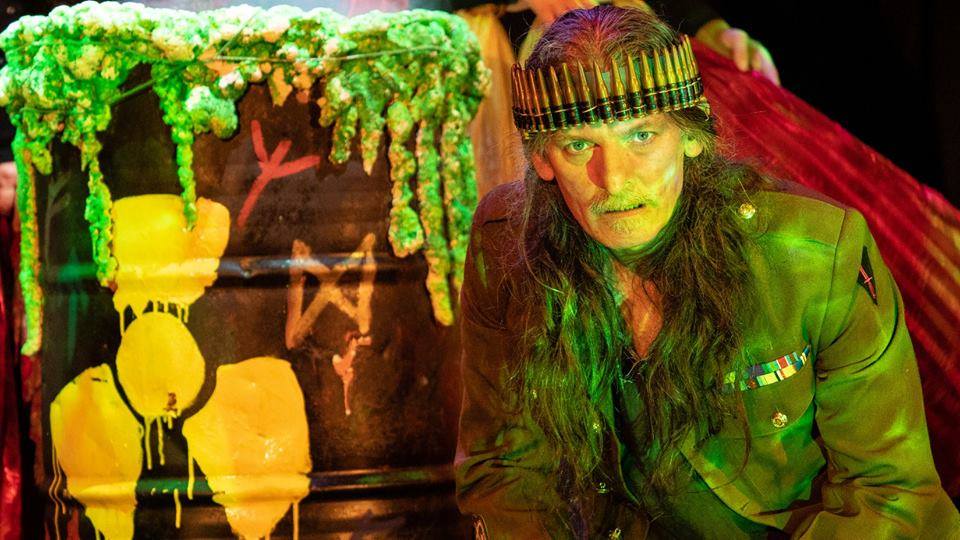
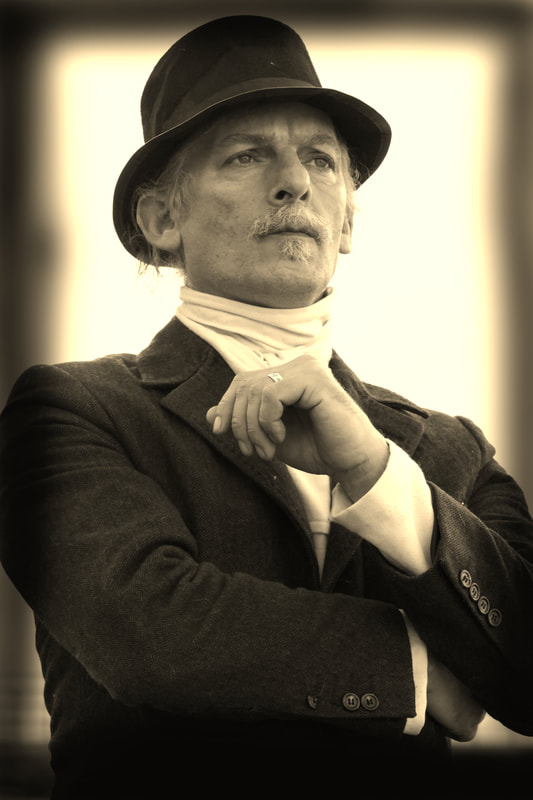
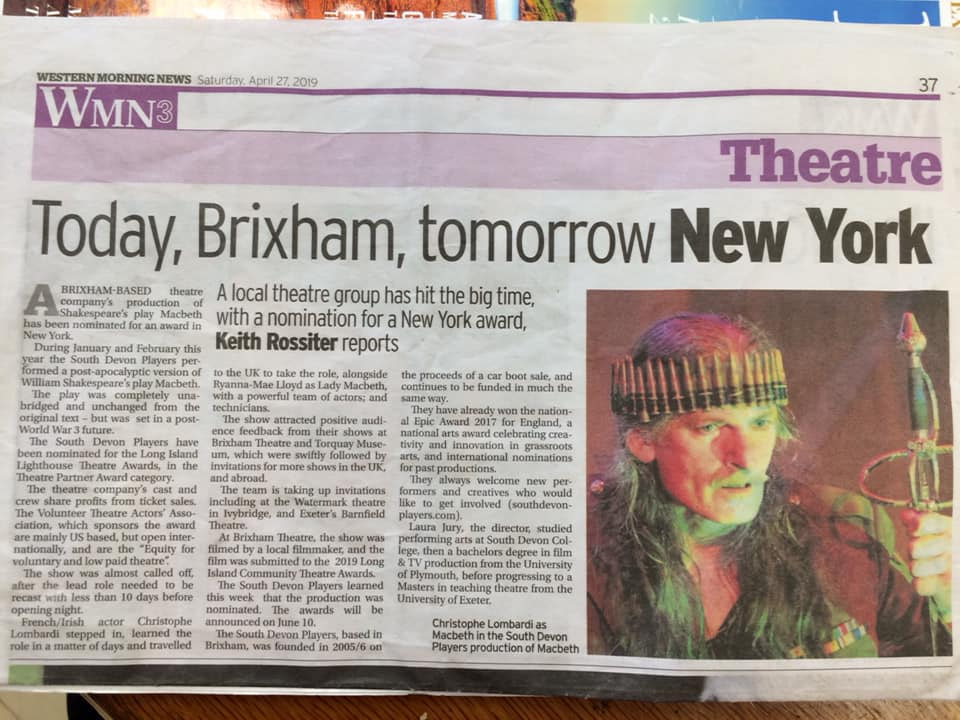
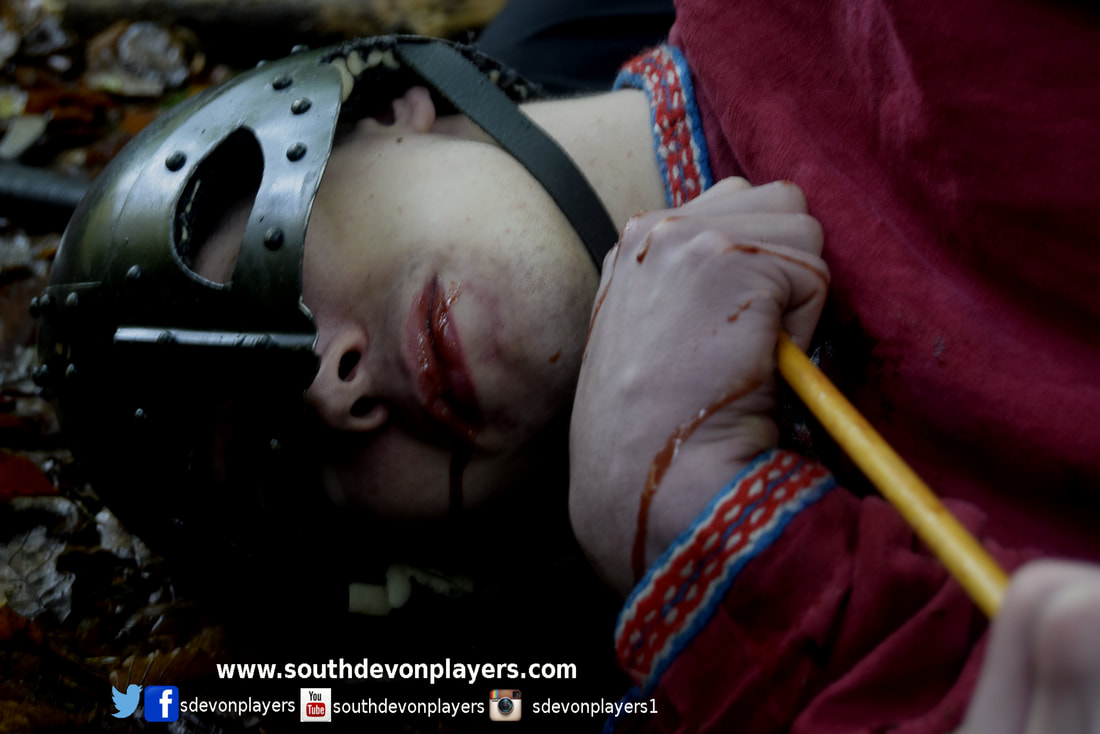
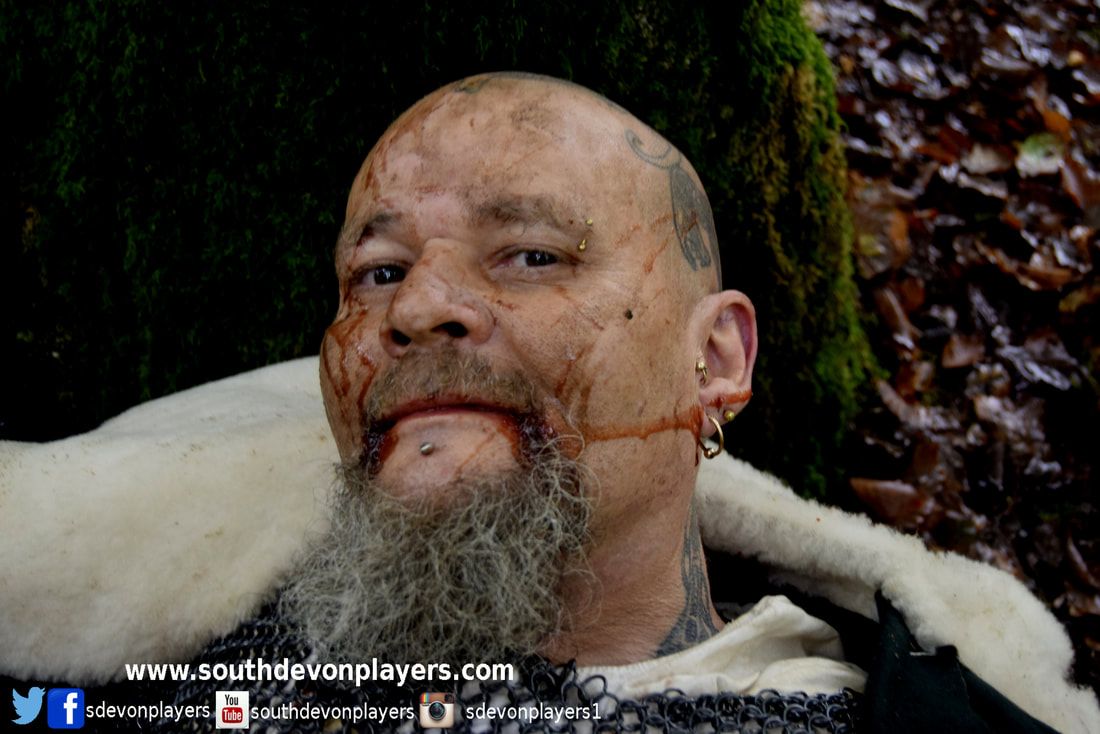
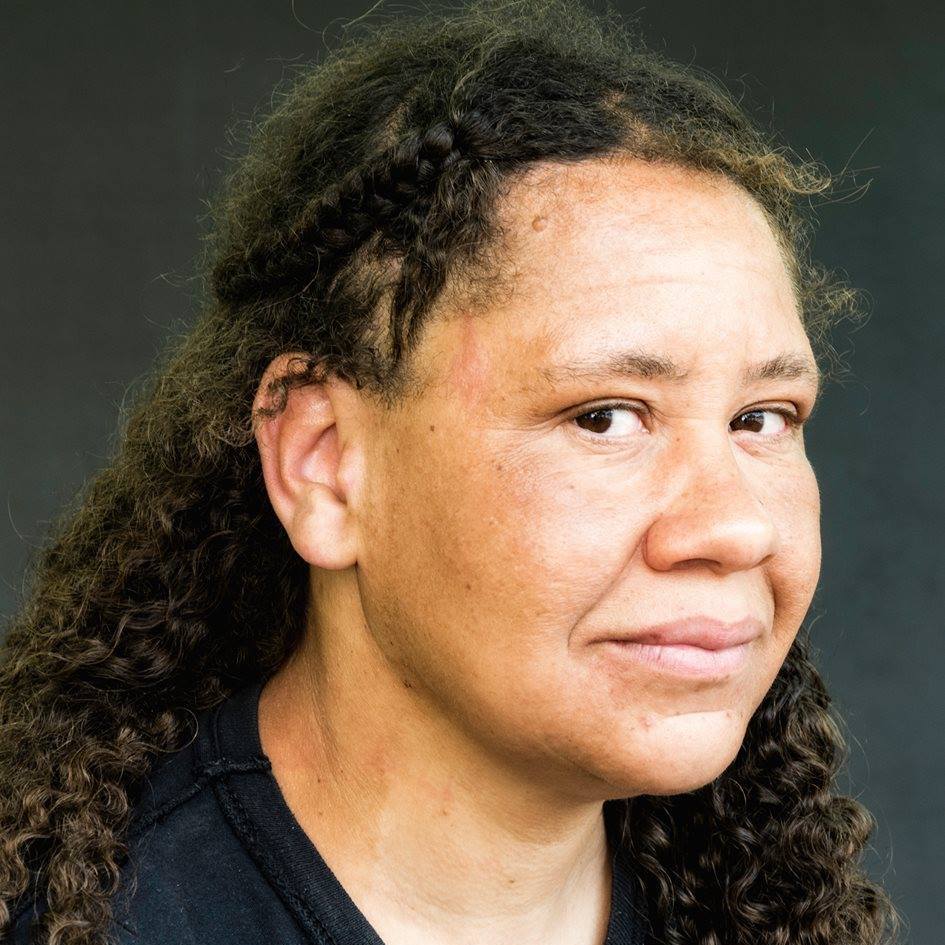
 RSS Feed
RSS Feed
